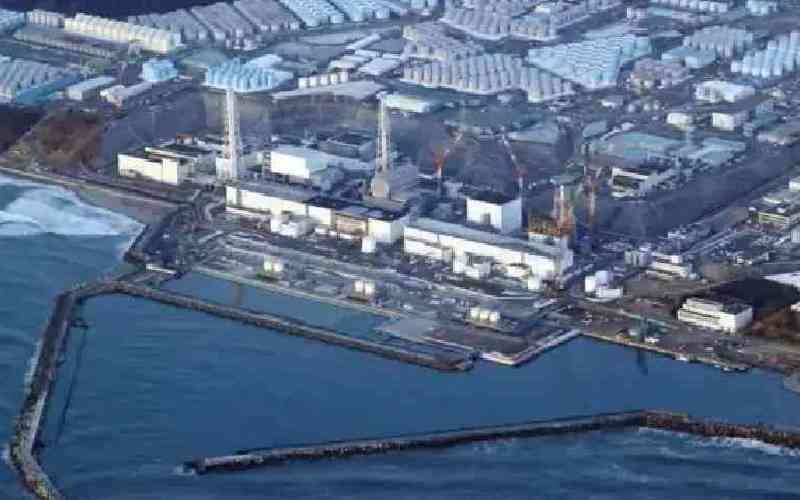×
The Standard e-Paper
Join Thousands Daily

China strongly urges Japan to cancel the plan to release nuclear-contaminated water into the sea and dispose of it responsibly, a Foreign Ministry spokesperson said Tuesday in Beijing.
Spokesperson Wang Wenbin told a news briefing that in disregard of the strong concerns and firm opposition from the international community, the Japanese government announced the decision to start releasing the Fukushima nuclear-contaminated water into the ocean from August 24.